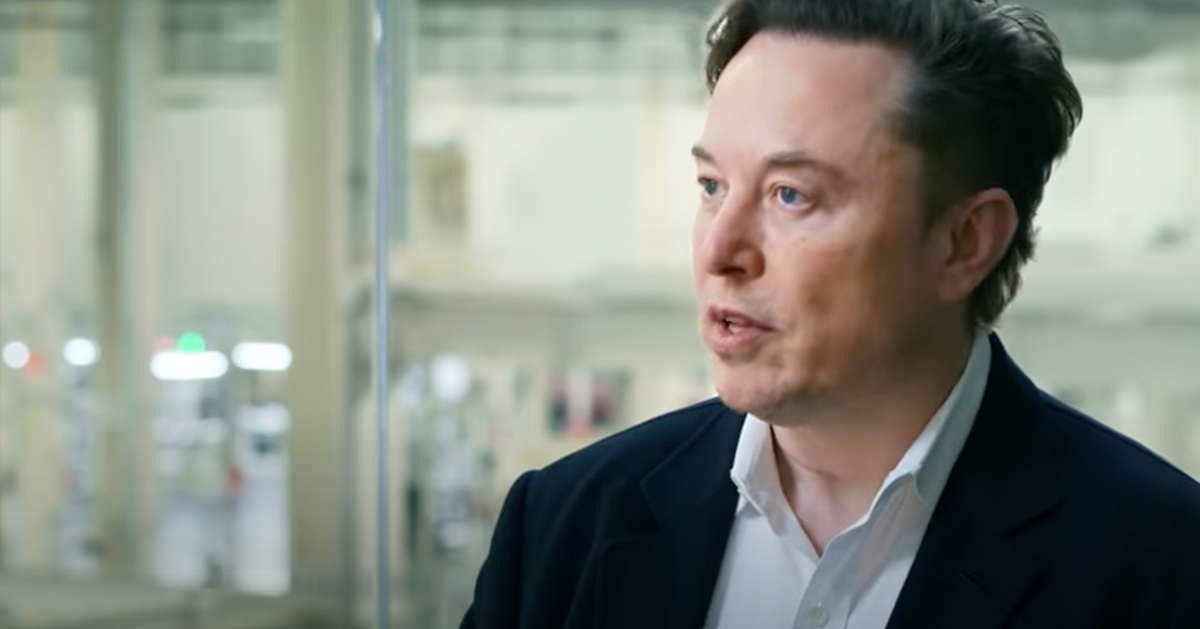Judge requires release of Mahmoud Khalil amid administration's deportation efforts
A federal judge has mandated the release of a former Columbia University student who was detained due to his involvement in pro-Palestinian protests, rejecting White House efforts to deport him.
Mahmoud Khalil, a legal U.S. resident, faced potential deportation by the Trump administration after being detained in March 2025, which the court just found unconstitutional and a contravention of his rights, as Newsmax reports.
In early March, federal immigration agents detained Khalil in Louisiana, an event that would become widely publicized due to its implications on free speech and the rights of individuals in academia.
His detention was part of a broader action by the Trump administration targeting students involved in demonstrations against actions by Israel in Gaza.
Legal battle ensues over detention
Khalil, known for his role as a negotiator for student activists at Columbia University, faced substantial personal and professional setbacks during his detention. Isolated from his legal counsel and family, Khalil missed significant life events, including the birth of his first child.
His lawyers argued that his detention infringed on his free speech rights, and U.S. District Judge Michael Farbiarz resonated with this contention, describing the harm to Khalil's professional life and freedom of expression as irreparable.
One notable consequence of Khalil's legal troubles was the loss of a job offer from Oxfam International. This incident underscored the profound impact of legal uncertainties on his career trajectory. Khalil denied claims regarding the status of his green card application and questioned narratives about his employment history that had been used against him.
The Trump administration's stance was defended by Secretary of State Marco Rubio, citing foreign policy statutes as justifications for Khalil's potential deportation. Despite these claims, Khalil was not accused of any illegal activity during the protests, nor was he part of any demanding actions, such as the occupation of university buildings.
Backdrop of protest and its political dimensions
The protests at Columbia University, fueled by opposition to Israeli military actions in Gaza, became a focal point of controversy and wider political discussions.
One repercussion of the activism was the administration's threat to cut $400 million in federal funding to the university, leveraging allegations of campus antisemitism as justification.
Amid these complex dynamics, some Jewish students and faculty reported experiences of harassment, illustrating the tensions and varied impacts of the demonstrations. These claims added layers to the debate about free speech and safety on campuses.
Khalil's case brought significant attention to the balance between national policies, individual rights, and campus cultures of activism. The court's ruling was celebrated by advocates as a triumph for free speech and legal fairness. Ramzi Kassem, co-director of the CLEAR project, declared the decision a profound affirmation of Khalil's rights, signaling a legal and ethical victory.
Implications for future protests awaited
The implications of this case stretch beyond Khalil himself, affecting future dealings with student protests and immigration enforcement. Judge Farbiarz's decision, highlighting the substantial harm to Khalil's career and speech, sets a precedent for how courts might handle similar cases involving activists and protestors.
The judge stated that Khalil's reputation and career were suffering damage, noting that the chilling of his freedom to express himself accumulated to unquantifiable harm. This acknowledgment speaks to the broader challenges of balancing national interests with individual liberties.
With the government given until Friday to appeal, the resolution of Khalil's case remains a pivotal point of interest. The ongoing deliberations hold implications for Khalil's future, his family, and the activist community he represents.
Anticipating next steps, potential appeals
While Khalil's supporters have expressed relief and optimism over the court's ruling, the possibility of an appeal means the situation is not yet fully resolved. The outcome will be closely monitored by activists, legal experts, and universities nationwide.
In the meantime, Khalil's story serves as a potent reminder of the complexities inherent in navigating modern protest politics, immigration laws, and educational environments. It challenges institutions and governments to reflect on how they engage with dissenting voices and support the fundamental rights enshrined in legal frameworks.
As this case progresses, it continues to highlight the ongoing struggles faced by activists and the legal battles that define freedom of expression in today's world. The implications of how Khalil's case evolves will likely resonate throughout educational institutions and beyond, shaping discussions on protest, policy, and rights for years to come.





